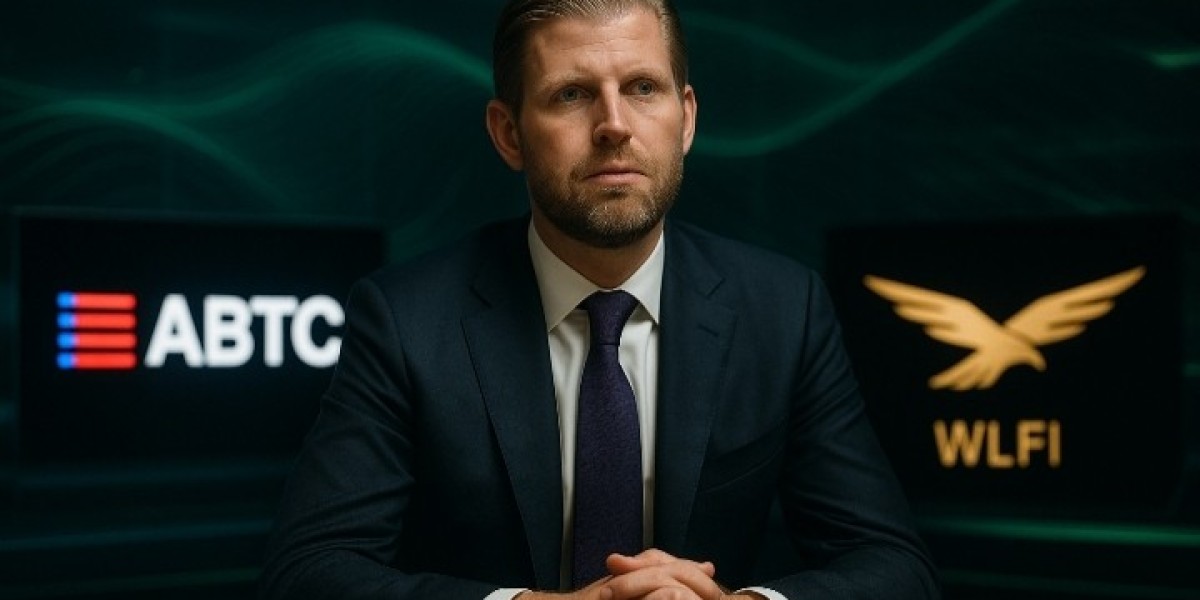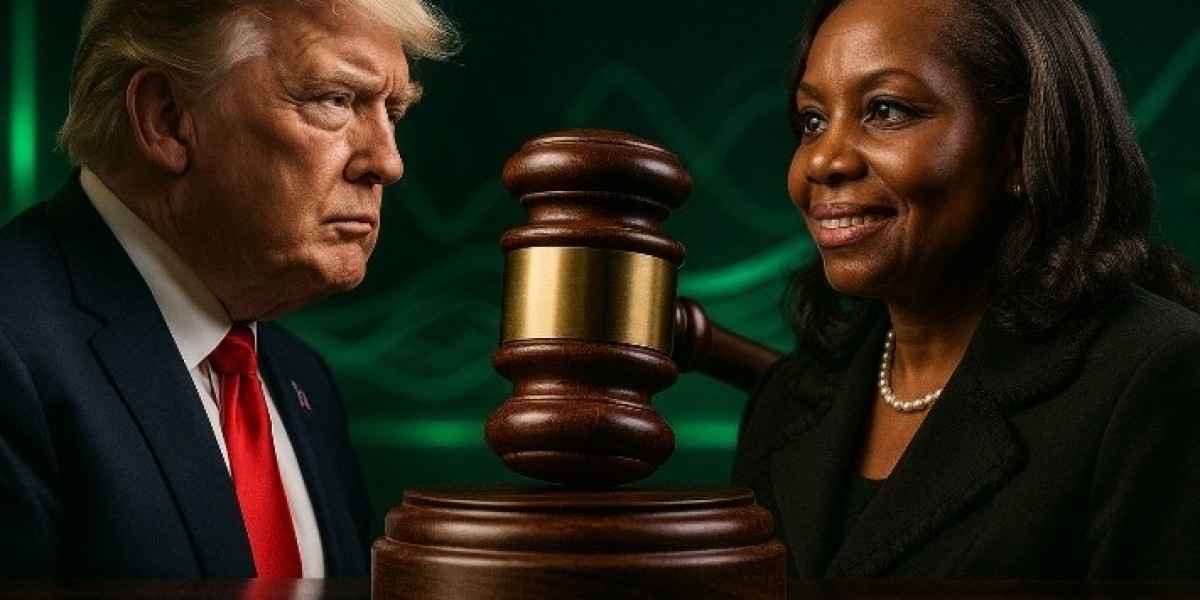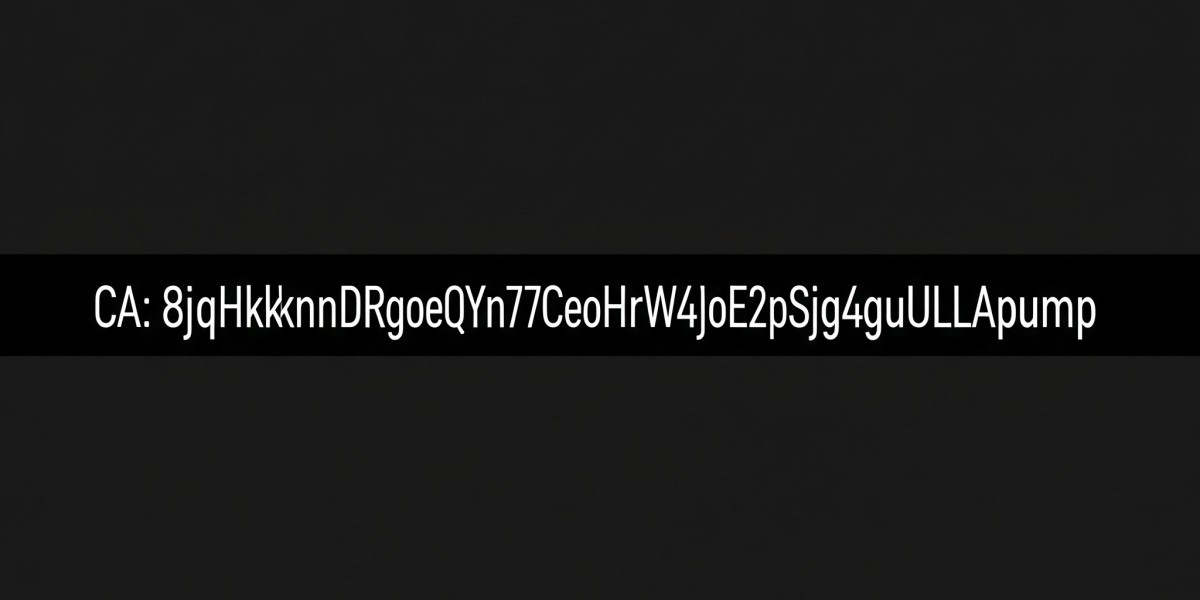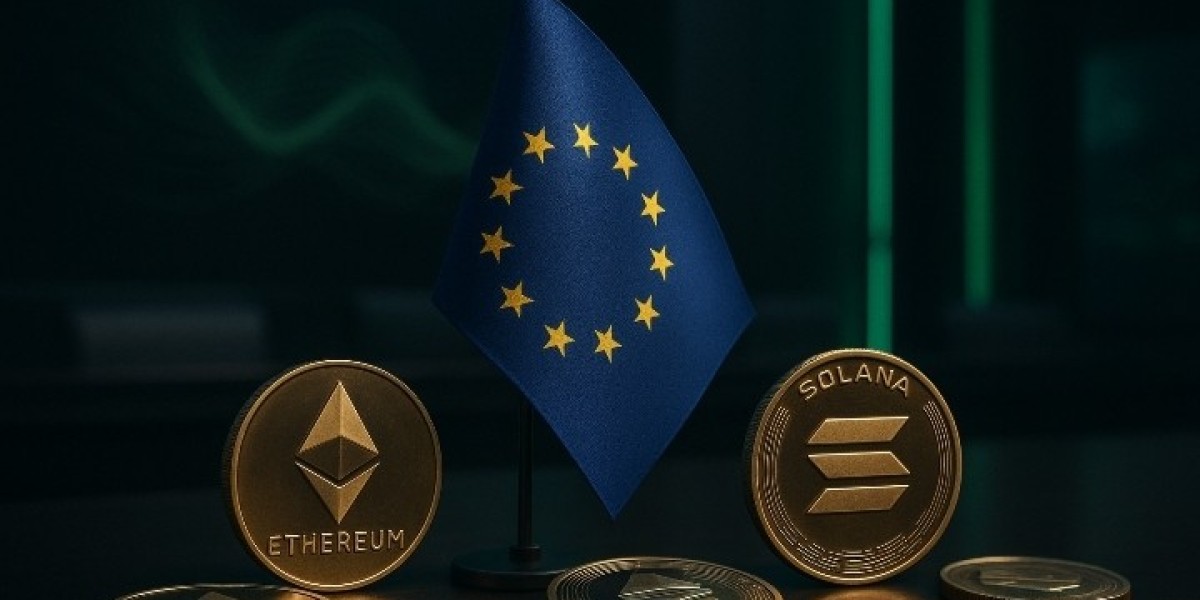The Hong Kong Securities and Futures Commission (SFC) has recently announced new measures aimed at tightening the standards of cryptocurrency custody. This initiative comes as part of the city’s broader strategy to enhance investor protection and ensure a more secure environment for digital asset trading platforms.
Why Stronger Custody Rules?
With the rapid growth of the crypto industry, investor security has become a top priority for regulators worldwide. Custody—the way crypto assets are stored and protected—plays a crucial role in preventing hacks, theft, or mismanagement of funds. By implementing stricter requirements, Hong Kong aims to reassure both institutional and retail investors that their digital assets are better safeguarded.
Building Market Confidence
The move reflects Hong Kong’s ambition to position itself as a leading global hub for digital assets. By strengthening regulatory oversight, the SFC hopes to attract more legitimate players while reducing risks associated with poorly managed or unregulated platforms. This step is expected to improve transparency, compliance, and accountability in the industry.
Impact on Exchanges and Investors
Crypto exchanges operating in Hong Kong will now need to comply with higher custody standards, including clearer segregation of customer assets, stronger cybersecurity measures, and regular audits. While this may increase operational costs for platforms, it is likely to create a safer and more trustworthy ecosystem for investors in the long run.
A Model for Global Regulation?
Hong Kong’s stricter approach may inspire other jurisdictions to adopt similar policies, especially as global regulators seek to balance innovation with investor protection. By setting higher standards, Hong Kong is sending a clear signal that sustainability and security are essential for the future of digital assets.








